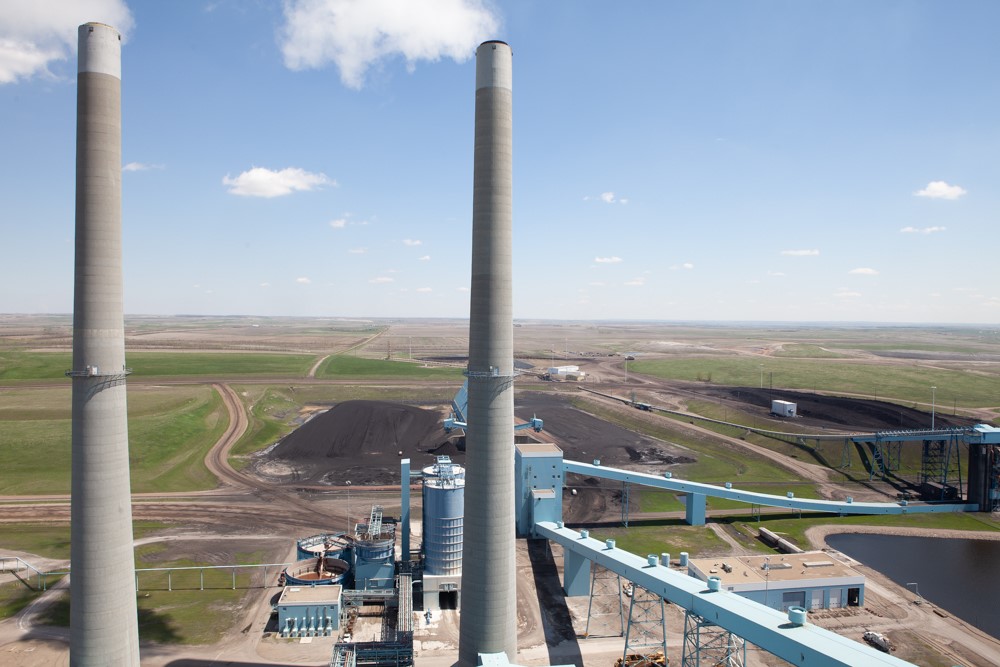As negotiations at the COP28 climate talks in the United Arab Emirates head into overtime, oil and gas interests are aiming to exclude a fossil fuel phase-out from any final deal by promoting carbon capture and storage (CCS) as a viable climate solution.
But as research and advocacy group Oil Change International details in a new brief, Carbon Capture’s Publicly Funded Failure, almost 80 percent of current CCS operations use captured carbon dioxide (CO2) to pump more fossil fuels out of the ground through a process known as enhanced oil recovery.
OCI’s analysis chimes with many other studies that suggest CCS has overpromised and under-delivered, including a review of 12 flagship CCS projects published by DeSmog in September, alongside a DeSmog analysis that showed how CCS has mostly been used to pump more oil.
Oil and gas lobbyists at COP28 have nevertheless been presenting CCS as an “abatement” technology that could allow the continued burning of fossil fuels, despite the huge technical, economic and environmental challenges of deploying the technology on a scale that could curb global emissions.
“Poorly defined ‘abatement’ technologies with a history of failure are being promoted by the fossil fuel industry and their government enablers in a last-minute bid to undermine a full, fast, fair, and funded phase-out of all fossil fuels,” Oil Change International said in a statement.
The oil and gas industry often presents CCS as a new technology to reduce emissions by trapping CO2 from a smokestack, or directly from the air, and then injecting it into the ground. But OCI’s brief shows that, since their initial development in the 1970s, the technologies associated with CCS have failed to reduce overall CO2 emissions, or clean up power generation.
Nevertheless, governments around the world are planning to spend up to $200 billion more in public money to dramatically ramp up CCS deployment in the coming years, having already ploughed more than $20 billion into supporting the approach, OCI’s analysis shows.
It’s “madness” to shovel hundreds of billions more of taxpayer money into CCS instead of renewables, said Romain Ioualalen, Oil Change International’s global policy manager. “Every investment in CCS provides a lifeline to the fossil fuel industry.”
Almost 70 percent of operating carbon capture capacity globally is used to capture emissions from processing CO2-rich natural gas, according to OCI’s brief. Though this enables “lower carbon” gas to be sent to market, when this gas is burned, it still releases far more CO2 to the atmosphere than was captured and stored in the first place.
What’s more, many of the largest projects globally often operate far below their stated storage capacity and are not even capturing and safely sequestering their intended amounts of CO2.
“The fossil fuel industry that has brought us to the brink of climate catastrophe will not save us from it,” said Nikki Reisch, director of the climate and energy program at the Center for International Environmental Law. “Yet major polluters like the U.S. are giving them billions in public subsidies for dangerous distractions like CCS that only prolong dependence on oil, gas, and coal and derail the needed phase-out.”
Subscribe to our newsletter
Stay up to date with DeSmog news and alerts







